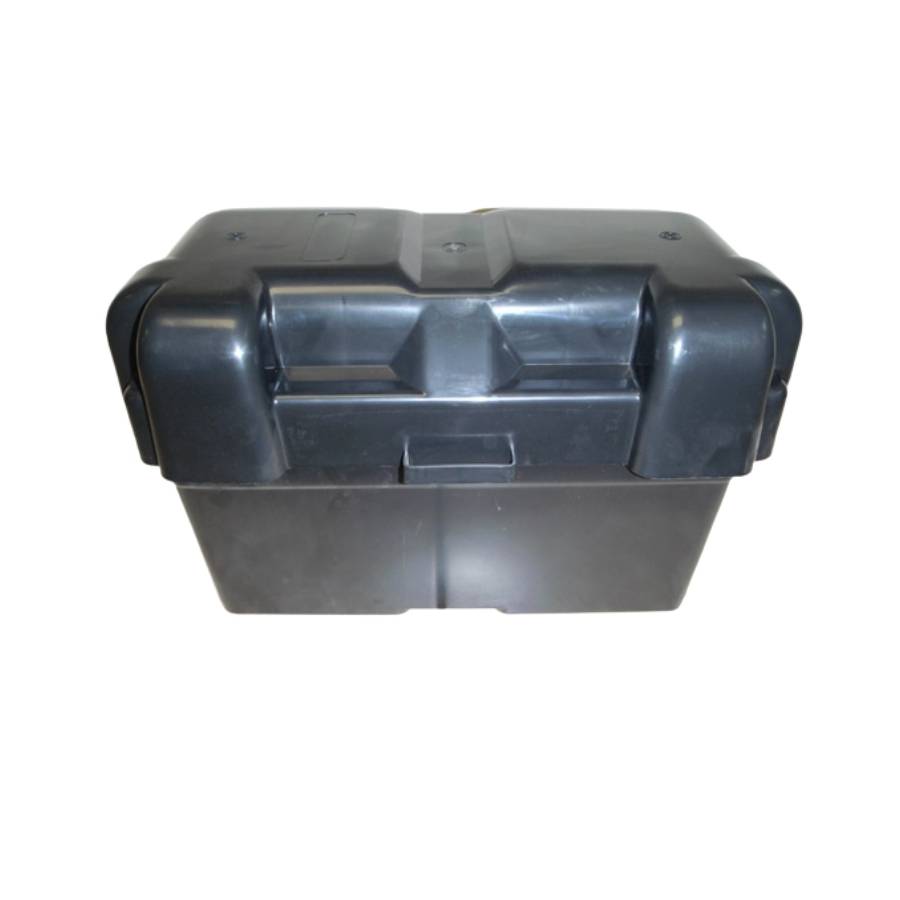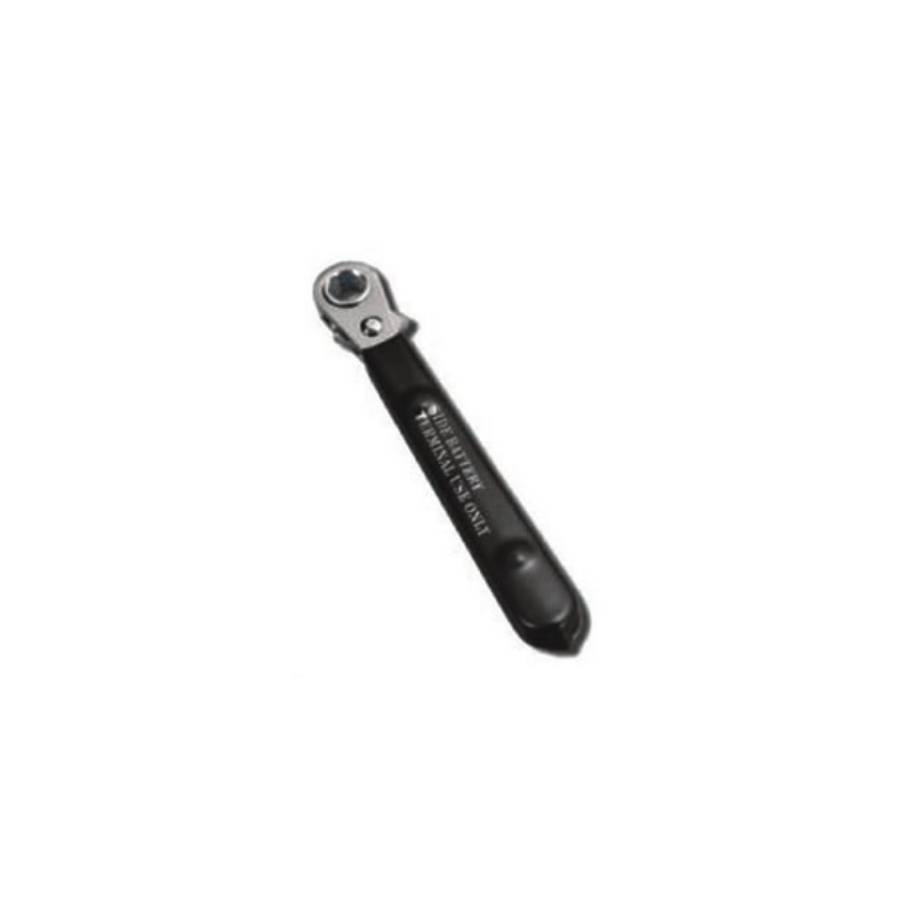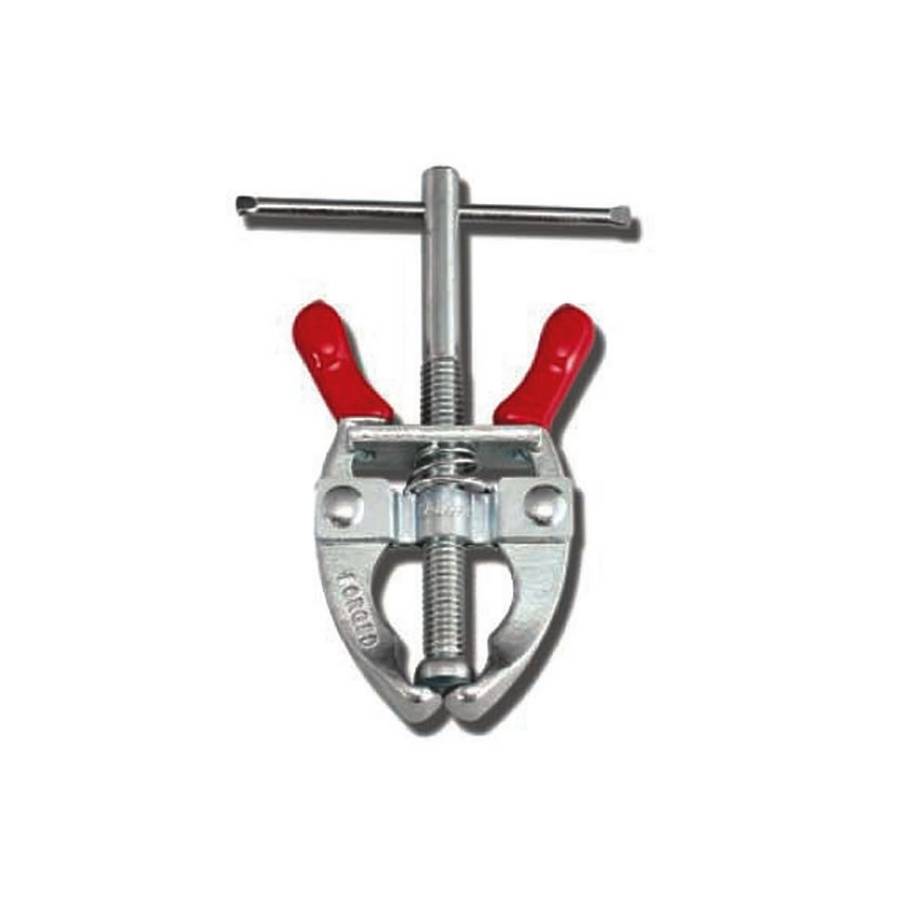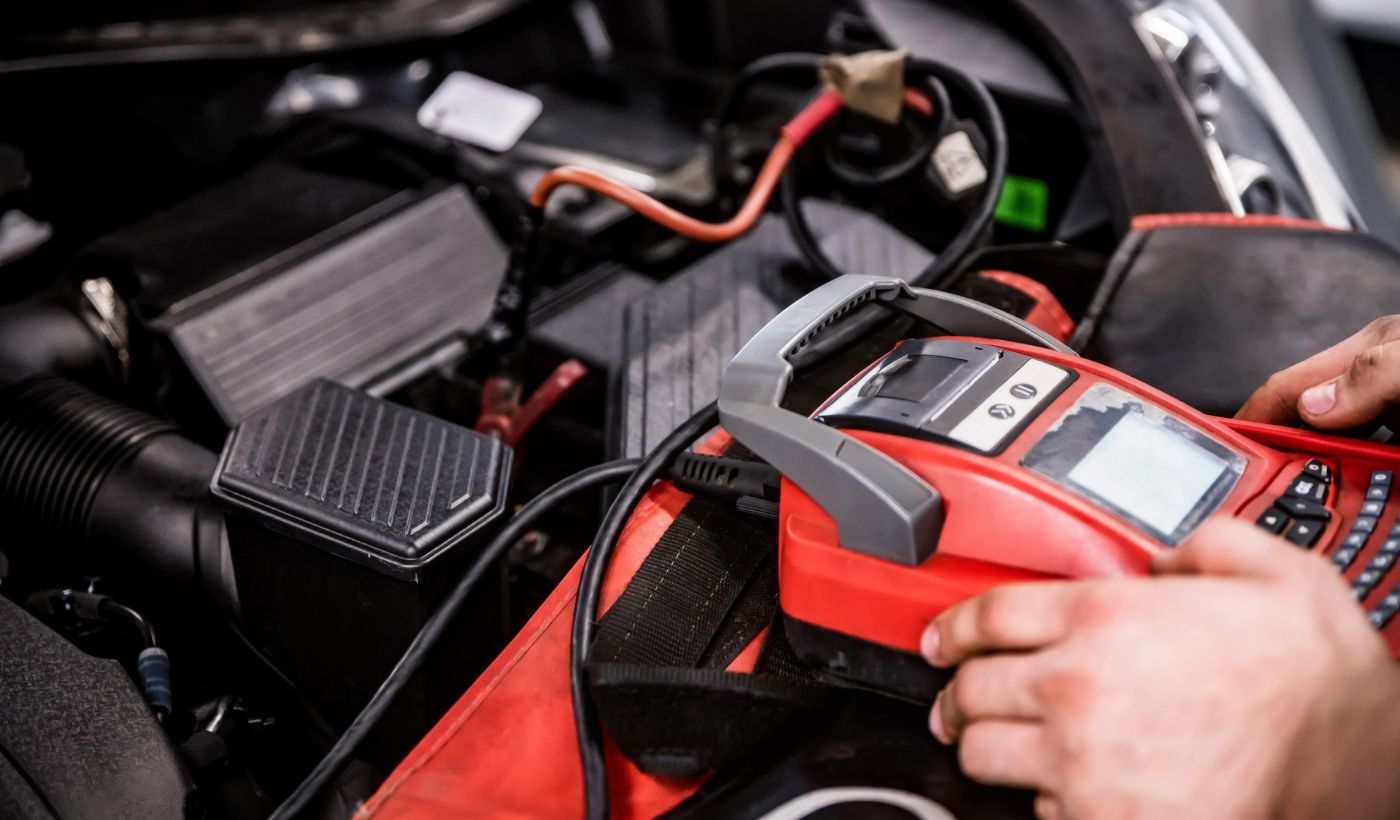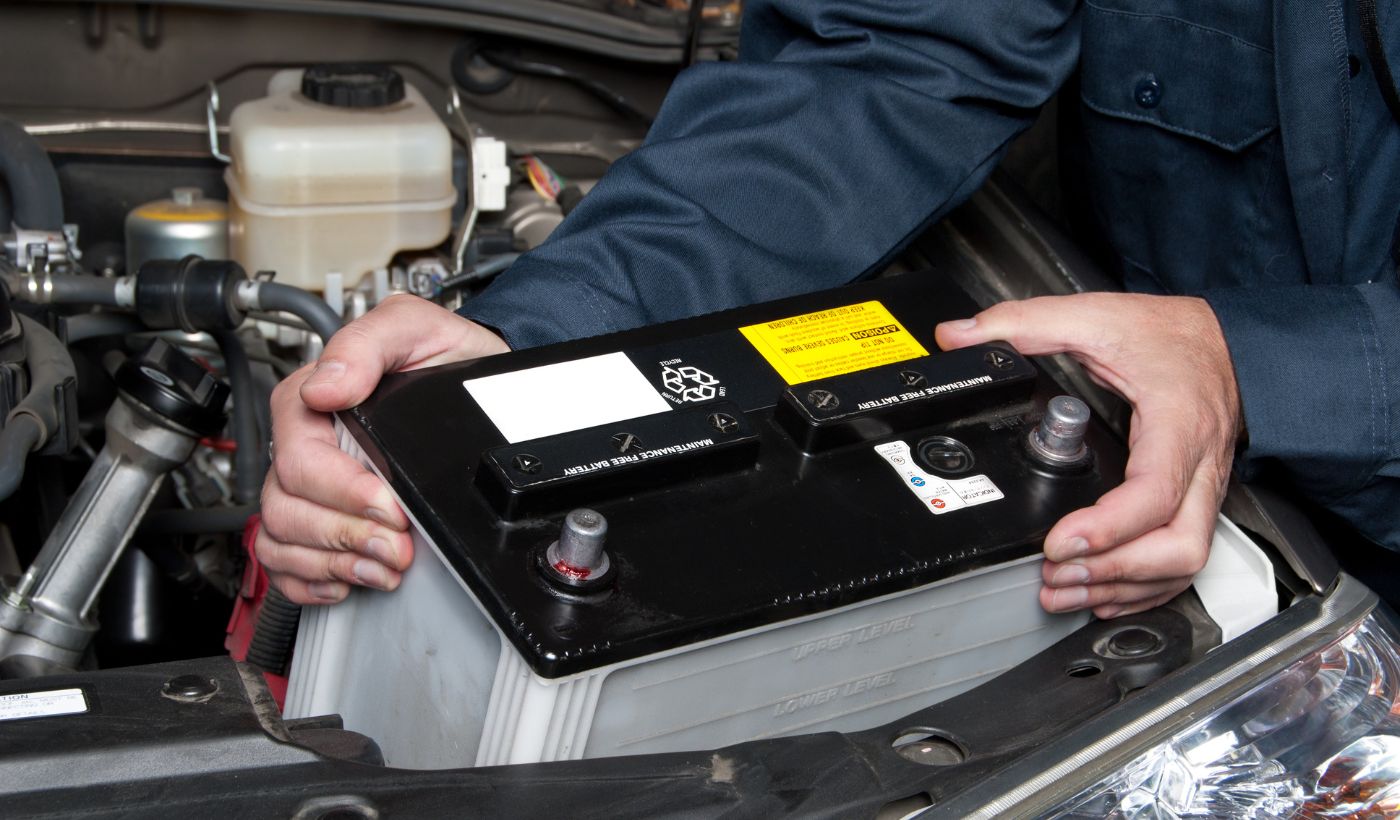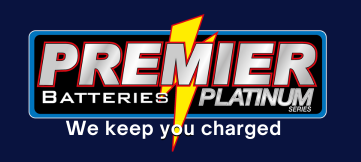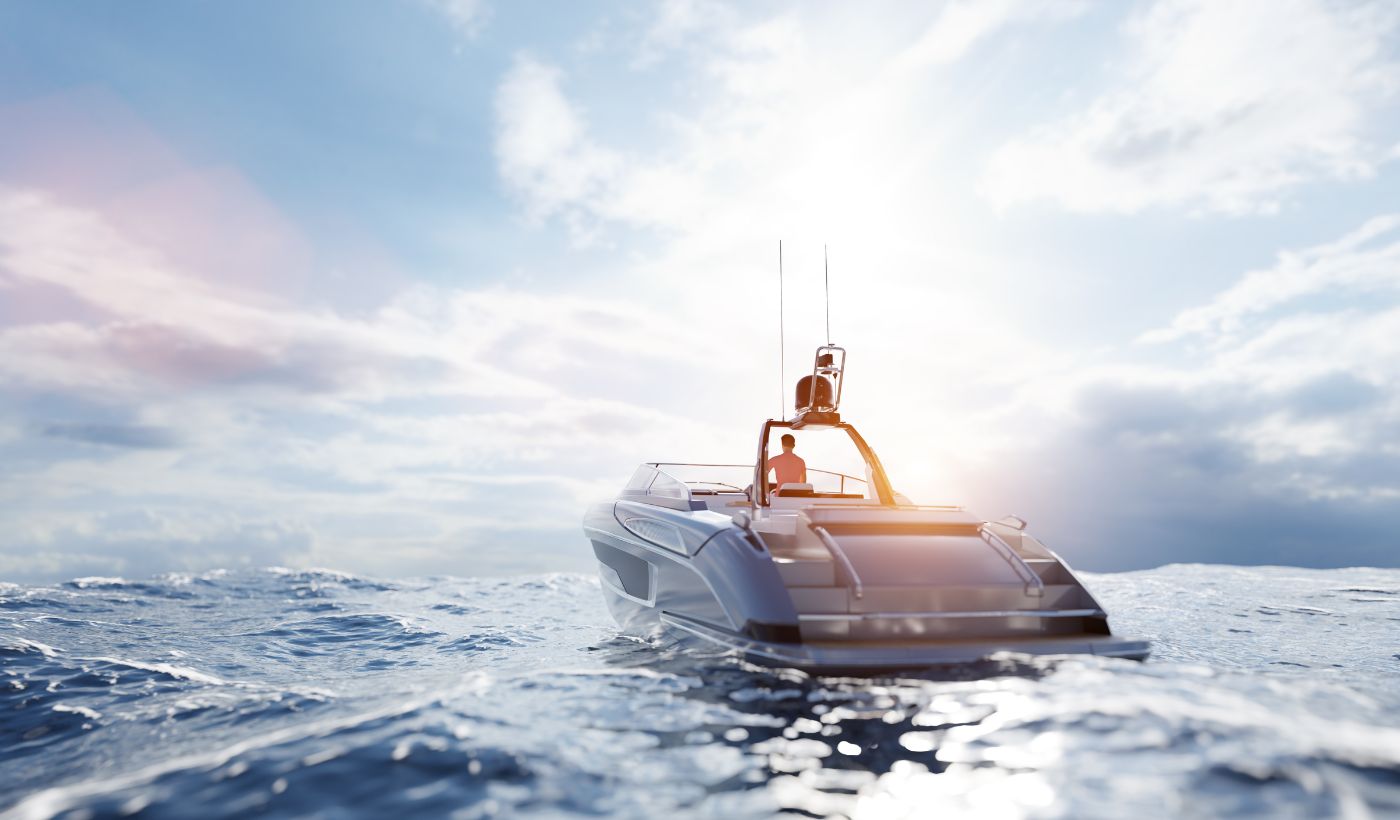
Navigating the Waters: A Guide to Marine Batteries
Whether you’re an avid fisherman, a weekend boating enthusiast, or a professional mariner, understanding marine batteries is crucial for a safe and enjoyable time on the water. Let’s dive into the world of marine batteries and explore what makes them unique.
What Are Marine Batteries?
Marine batteries are specially designed to withstand the harsh conditions of marine environments. They provide power for starting engines, running on-board electronics, and powering trolling motors. Unlike car batteries, marine batteries are built to handle constant vibration, extreme temperatures, and the corrosive effects of saltwater.
Types of Marine Batteries
There are three main types of marine batteries:
- Starting Batteries: Designed to deliver short, powerful bursts of energy to start the engine.
- Deep Cycle Batteries: Provide steady power over long periods for electronics and trolling motors.
- Dual Purpose Batteries: A hybrid that can handle both starting and deep cycle needs, ideal for smaller boats.
Key Features of Marine Batteries
Marine batteries have several unique characteristics:
- Vibration Resistance: Reinforced plates and components to withstand constant motion.
- Sealed Design: Many are sealed to prevent spillage in rough waters.
- Corrosion Resistance: Built to resist the corrosive effects of saltwater spray.
- Cold Cranking Amps (CCA): High CCA for reliable starting in various conditions.
- Reserve Capacity: Ability to provide consistent power over extended periods.
Choosing the Right Marine Battery
When selecting a marine battery, consider these factors:
- Boat Size: Larger boats typically require more powerful batteries.
- Usage: Determine if you need a starting, deep cycle, or dual-purpose battery.
- Battery Chemistry: Options include flooded lead-acid, AGM, and lithium-ion.
- Capacity: Measured in amp-hours (Ah), indicating how long the battery can provide power.
- Size and Weight: Ensure the battery fits in your designated battery compartment.
Maintaining Your Marine Battery
Proper maintenance can significantly extend the life of your marine battery:
- Regular Cleaning: Keep terminals clean and free of corrosion.
- Proper Charging: Use a marine-specific battery charger to avoid overcharging.
- Secure Installation: Ensure the battery is securely fastened to prevent damage from vibration.
- Off-Season Storage: If not using the boat for extended periods, disconnect the battery and store it in a cool, dry place.
- Water Levels: For flooded batteries, check and maintain proper water levels.
Safety Considerations
Safety should always be a priority when dealing with marine batteries:
- Ventilation: Ensure proper ventilation to prevent the buildup of potentially explosive gases.
- Protective Gear: Wear gloves and eye protection when handling batteries.
- Proper Disposal: Always recycle old batteries through appropriate channels.
The Future of Marine Batteries
The marine battery industry is evolving, with new technologies on the horizon:
- Lithium-Ion: Offering lighter weight and faster charging capabilities.
- Smart Batteries: Integrated systems for monitoring battery health and performance.
- Solar Integration: Combining solar panels with marine batteries for extended power.
Conclusion
Choosing the right marine battery is essential for a reliable and enjoyable boating experience. By understanding the types, features, and maintenance requirements of marine batteries, you can ensure that your time on the water is powered by a dependable energy source. Remember, a well-maintained battery not only enhances performance but also contributes to the safety of your maritime adventures.

